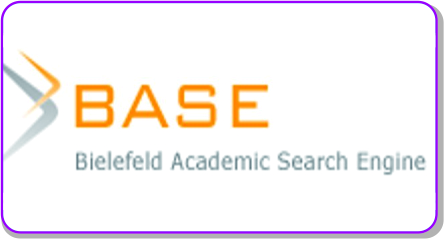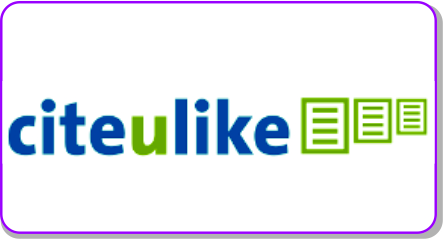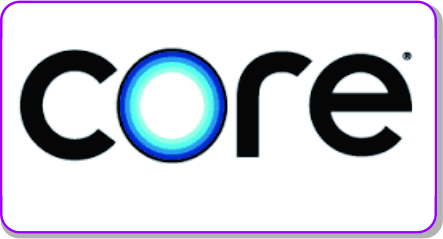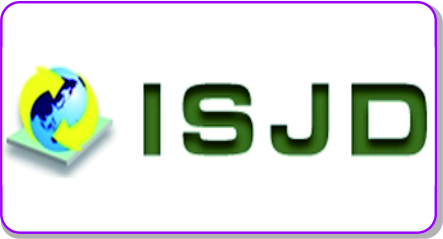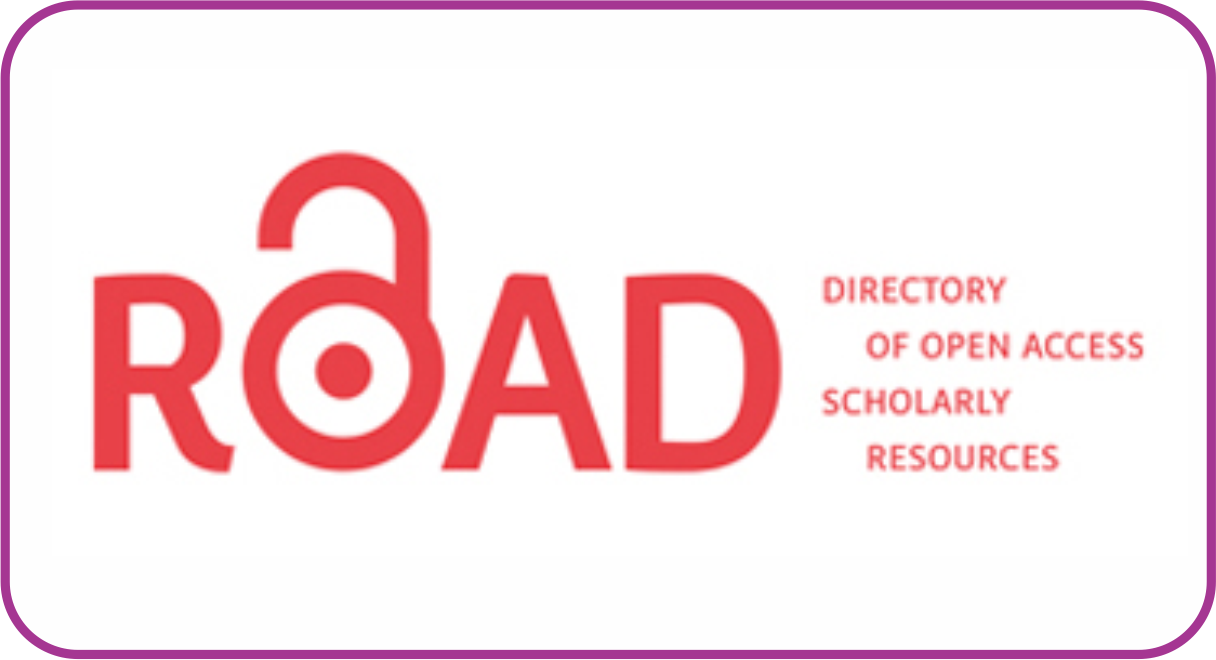Enhancing 21 St-Cetury Skills Through Project-Based Learning: Isights from Vocational Education in Egypt
DOI:
https://doi.org/10.30983/educative.v9i2.8574Keywords:
Integration Learning, Project Based Learning, Mesir StudentsAbstract
This research examines the use of Project-Based Learning (PBL) as a strategy to develop practical skills among secondary school students in Egypt. Recognized as a modern and innovative teaching method, PBL actively involves students in the learning process, enabling them to apply theoretical concepts to real-world situations. Using a qualitative research approach, this study focuses on case studies of Egyptian secondary schools that have implemented PBL in their curricula. Data collection methods included interviews with teachers and students, classroom observations, and analysis of student projects, lesson plans, and curriculum documents. The findings indicate that PBL significantly improves the learning experience by motivating students and fostering active engagement. Students involved in group projects demonstrated better comprehension of academic material, stronger critical thinking, increased confidence in presentations, and improved collaboration skills. However, challenges such as insufficient resources, limited teacher training, and an exam-oriented curriculum pose barriers to PBL’s success. Teachers often struggle with time management for project-based activities, and the effectiveness of PBL heavily relies on their ability to guide and facilitate learning. To overcome these issues, the study recommends enhancing teacher training programs, adopting more flexible education policies, and utilizing technology to diversify and enrich project-based activities. By optimizing resources and increasing awareness of PBL’s advantages, Egypt’s education system can better equip students with essential 21st-century skills.
Penelitian ini mengkaji penggunaan strategi Project-Based Learning (PBL) untuk meningkatkan keterampilan praktis siswa sekolah menengah di Mesir. Diakui sebagai metode pengajaran yang inovatif, PBL secara aktif melibatkan siswa dalam proses pembelajaran dan memungkinkan mereka menerapkan konsep teoretis ke dalam situasi nyata. Pendekatan kualitatif digunakan dalam penelitian ini, dengan fokus pada studi kasus sekolah menengah di Mesir yang telah mengintegrasikan PBL dalam kurikulumnya. Data dikumpulkan melalui wawancara mendalam dengan guru dan siswa, observasi kelas, serta analisis proyek siswa, dokumen kurikulum, dan rencana pembelajaran. Hasil penelitian menunjukkan bahwa PBL secara signifikan meningkatkan pengalaman belajar, memotivasi siswa, dan mendorong keterlibatan aktif. Siswa yang terlibat dalam proyek kelompok menunjukkan pemahaman akademik yang lebih baik, kemampuan berpikir kritis yang lebih kuat, kepercayaan diri dalam presentasi, dan keterampilan kerja sama yang lebih baik. Namun, terdapat tantangan seperti keterbatasan sumber daya, kurangnya pelatihan guru, dan kurikulum yang berorientasi pada ujian. Guru sering menghadapi kesulitan dalam mengelola waktu untuk kegiatan berbasis proyek, dan keberhasilan PBL sangat bergantung pada kemampuan mereka dalam memfasilitasi pembelajaran. Untuk mengatasi hambatan ini, penelitian merekomendasikan peningkatan program pelatihan guru, adopsi kebijakan pendidikan yang lebih fleksibel, dan pemanfaatan teknologi untuk memperkaya dan mendiversifikasi kegiatan berbasis proyek. Dengan mengoptimalkan sumber daya yang ada dan meningkatkan kesadaran akan manfaat PBL, sistem pendidikan Mesir dapat lebih mempersiapkan siswa dengan keterampilan abad ke-21 yang esensial.
References
Abdelhafez, Ahmed. “Experienced EFL Teachers’ Professional Practical Knowledge, Reasoning and Classroom Decision Making in Egypt: Views from the inside Out.” Teacher Development 18, no. 2 (April 3, 2014): 229–45. https://doi.org/10.1080/13664530.2014.901237.
Alfy, Shahira El, Jorge Marx Gómez, and Danail Ivanov. “Exploring Instructors’ Technology Readiness, Attitudes and Behavioral Intentions towards e-Learning Technologies in Egypt and United Arab Emirates.” Education and Information Technologies 22, no. 5 (September 6, 2017): 2605–27. https://doi.org/10.1007/s10639-016-9562-1.
Almulla, Mohammed Abdullatif. “The Effectiveness of the Project-Based Learning (PBL) Approach as a Way to Engage Students in Learning.” Sage Open 10, no. 3 (July 5, 2020). https://doi.org/10.1177/2158244020938702.
Arabsheibani, Gholamreza. “Educational Choice and Achievement: The Case of Secondary Schools in the Arab Republic of Egypt.” Higher Education 17, no. 6 (1988): 637–46. https://doi.org/10.1007/BF00143779.
Aranzabal, A., E. Epelde, and M. Artetxe. “Team Formation on the Basis of Belbin’s Roles to Enhance Students’ Performance in Project Based Learning.” Education for Chemical Engineers 38 (January 2022): 22–37. https://doi.org/10.1016/j.ece.2021.09.001.
Ataya, Abdel Nasser, and Essam Ramadan. “Level of Organizational Health in Secondary Schools from the Viewpoint of Teachers of the General Secondary Education in Egypt.” Nasser Ataya, Abdel, Ramadan, Essam 27, no. 5 (May 2013): 1069–1108. https://doi.org/10.35552/0247-027-005-006.
Basilotta Gómez-Pablos, Verónica, Marta Martín del Pozo, and Ana García-Valcárcel Muñoz-Repiso. “Project-Based Learning (PBL) through the Incorporation of Digital Technologies: An Evaluation Based on the Experience of Serving Teachers.” Computers in Human Behavior 68 (March 2017): 501–12. https://doi.org/10.1016/j.chb.2016.11.056.
Beier, Margaret E., Michelle H. Kim, Ann Saterbak, Veronica Leautaud, Sandra Bishnoi, and Jaqueline M. Gilberto. “The Effect of Authentic Project‐based Learning on Attitudes and Career Aspirations in STEM.” Journal of Research in Science Teaching 56, no. 1 (January 21, 2019): 3–23. https://doi.org/10.1002/tea.21465.
Bilgin, Ibrahim, Yunus Karakuyu, and Yusuf Ay. “The Effects of Project Based Learning on Undergraduate Students’ Achievement and Self-Efficacy Beliefs Towards Science Teaching.” EURASIA Journal of Mathematics, Science and Technology Education 11, no. 3 (April 29, 2015). https://doi.org/10.12973/eurasia.2014.1015a.
Çakiroğlu, Ünal, and Turgay Erdemir. “Online Project Based Learning via Cloud Computing: Exploring Roles of Instructor and Students.” Interactive Learning Environments 27, no. 4 (May 19, 2019): 547–66. https://doi.org/10.1080/10494820.2018.1489855.
Chang, Shao-Chen, and Gwo-Jen Hwang. “Impacts of an Augmented Reality-Based Flipped Learning Guiding Approach on Students’ Scientific Project Performance and Perceptions.” Computers & Education 125 (October 2018): 226–39. https://doi.org/10.1016/j.compedu.2018.06.007.
Darwish, hosam. “teachers’ attitudes and techniques towards efl writing in egyptian secondary schools.” International Journal for 21st Century Education 3, no. 1 (June 30, 2016): 37–57. https://doi.org/10.21071/ij21ce.v3i1.5646.
Ghosheh Wahbeh, Dua’, Eman A. Najjar, Adel F. Sartawi, Maysa Abuzant, and Wajeeh Daher. “The Role of Project-Based Language Learning in Developing Students’ Life Skills.” Sustainability 13, no. 12 (June 8, 2021): 6518. https://doi.org/10.3390/su13126518.
Guo, Pengyue, Nadira Saab, Lysanne S. Post, and Wilfried Admiraal. “A Review of Project-Based Learning in Higher Education: Student Outcomes and Measures.” International Journal of Educational Research 102 (2020): 101586. https://doi.org/10.1016/j.ijer.2020.101586.
Han, Sunyoung, Robert M. Capraro, and Mary M. Capraro. “How Science, Technology, Engineering, and Mathematics Project Based Learning Affects High-Need Students in the U.S.” Learning and Individual Differences 51 (October 2016): 157–66. https://doi.org/10.1016/j.lindif.2016.08.045.
Kokotsaki, Dimitra, Victoria Menzies, and Andy Wiggins. “Project-Based Learning: A Review of the Literature.” Improving Schools 19, no. 3 (November 24, 2016): 267–77. https://doi.org/10.1177/1365480216659733.
Lin, Kuen-Yi, Ying-Tien Wu, Yi-Ting Hsu, and P. John Williams. “Effects of Infusing the Engineering Design Process into STEM Project-Based Learning to Develop Preservice Technology Teachers’ Engineering Design Thinking.” International Journal of STEM Education 8, no. 1 (December 8, 2021): 1. https://doi.org/10.1186/s40594-020-00258-9.
Morrison, Judith, Janet Frost, Chad Gotch, Amy Roth McDuffie, Bruce Austin, and Brian French. “Teachers’ Role in Students’ Learning at a Project-Based STEM High School: Implications for Teacher Education.” International Journal of Science and Mathematics Education 19, no. 6 (August 16, 2021): 1103–23. https://doi.org/10.1007/s10763-020-10108-3.
Nurpitriyani, Dewi, Ibrahim El Sayed Abdel Moneim Attia Salama, Ratu Erlinda Kurniatillah, Nida Husna, Itje Chodijah, and Didin Nuruddin Hidayat. “Formal Education in Indonesia and Egypt: Comparison of Challenges in Teaching English on Secondary Level.” Tell : Teaching of English Language and Literature Journal 10, no. 1 (April 30, 2022): 22. https://doi.org/10.30651/tell.v10i1.9408.
Pascoe, Michaela C., Sarah E. Hetrick, and Alexandra G. Parker. “The Impact of Stress on Students in Secondary School and Higher Education.” International Journal of Adolescence and Youth 25, no. 1 (December 31, 2020): 104–12. https://doi.org/10.1080/02673843.2019.1596823.
Pellas, Nikolaos, Panagiotis Fotaris, Ioannis Kazanidis, and David Wells. “Augmenting the Learning Experience in Primary and Secondary School Education: A Systematic Review of Recent Trends in Augmented Reality Game-Based Learning.” Virtual Reality 23, no. 4 (December 21, 2019): 329–46. https://doi.org/10.1007/s10055-018-0347-2.
Rohm, Andrew J., Matt Stefl, and Noriko Ward. “Future Proof and Real-World Ready: The Role of Live Project-Based Learning in Students’ Skill Development.” Journal of Marketing Education 43, no. 2 (August 22, 2021): 204–15. https://doi.org/10.1177/02734753211001409.
Salah Hanafy Mahmoud, Khaled. “The Development of the Egyptian Technical Secondary Education Considering Some Contemporary Global Trends: An Analytical Study.” European Journal of Social Science Education and Research 5, no. 3 (2019): 23–31. https://doi.org/10.2478/ejser-2018-0054.
Selim, Shaimaa Abdul Salam Abdul Salam. “Integrating Sustainable Development Requirements into the Secondary Stage Chemistry Curriculum in Egypt.” Journal of Teacher Education for Sustainability 21, no. 2 (December 1, 2019): 139–54. https://doi.org/10.2478/jtes-2019-0022.
Sobhy, Hania. “The De-Facto Privatization of Secondary Education in Egypt: A Study of Private Tutoring in Technical and General Schools.” Compare: A Journal of Comparative and International Education 42, no. 1 (January 2012): 47–67. https://doi.org/10.1080/03057925.2011.629042.
Spikol, Daniel, Emanuele Ruffaldi, Giacomo Dabisias, and Mutlu Cukurova. “Supervised Machine Learning in Multimodal Learning Analytics for Estimating Success in Project‐based Learning.” Journal of Computer Assisted Learning 34, no. 4 (August 15, 2018): 366–77. https://doi.org/10.1111/jcal.12263.
Thaqi Jashari, Lisjeta, and Mateja Dagarin Fojkar. “Teachers’ Perceptions of Developing Writing Skills in the EFL Classroom.” ELOPE: English Language Overseas Perspectives and Enquiries 16, no. 2 (December 12, 2019): 77–90. https://doi.org/10.4312/elope.16.2.77-90.
Vogler, Jane S., Penny Thompson, David W. Davis, Blayne E. Mayfield, Patrick M. Finley, and Dar Yasseri. “The Hard Work of Soft Skills: Augmenting the Project-Based Learning Experience with Interdisciplinary Teamwork.” Instructional Science 46, no. 3 (June 28, 2018): 457–88. https://doi.org/10.1007/s11251-017-9438-9.
Downloads
Submitted
Accepted
Published
Issue
Section
License
Copyright (c) 2024 Farhan Hanif, Abdurrahman

This work is licensed under a Creative Commons Attribution-ShareAlike 4.0 International License.
Authors who publish with this journal agree to the following terms:
1. Authors retain copyright and grant the journal right of first publication with the work simultaneously licensed under a Creative Commons Attribution License that allows others to share the work with an acknowledgment of the work's authorship and initial publication in this journal.
2. Authors are able to enter into separate, additional contractual arrangements for the non-exclusive distribution of the journal's published version of the work (e.g., post it to an institutional repository or publish it in a book), with an acknowledgment of its initial publication in this journal.
3. Authors are permitted and encouraged to post their work online (e.g., in institutional repositories or on their website) prior to and during the submission process, as it can lead to productive exchanges, as well as earlier and greater citation of published work (See The Effect of Open Access).

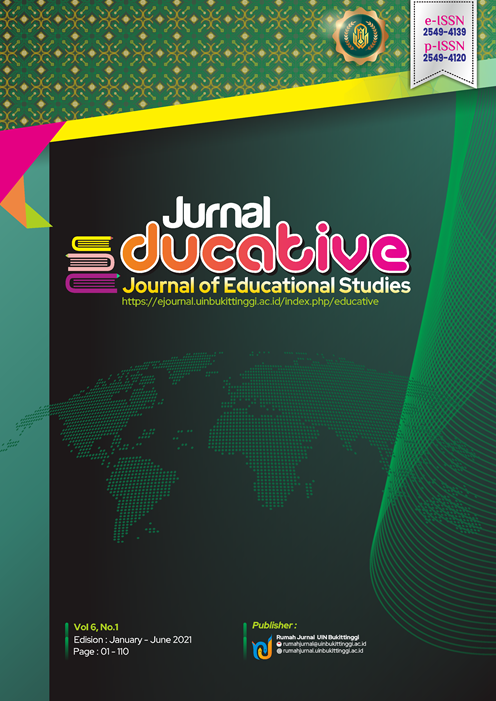



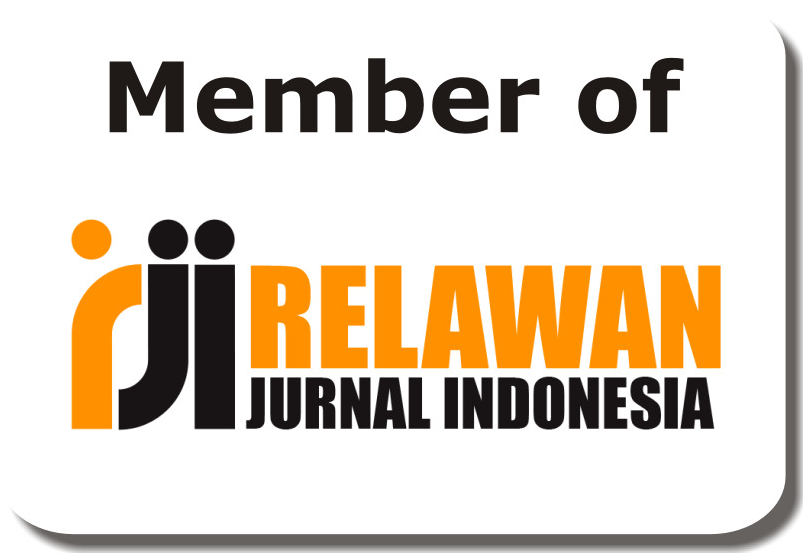


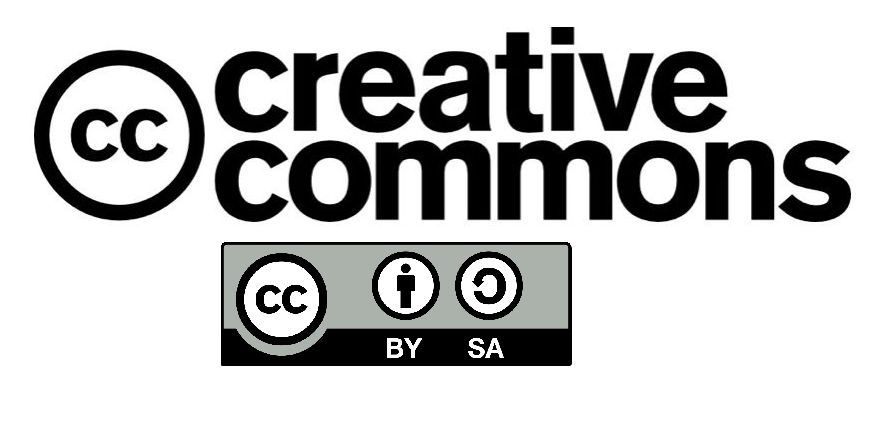


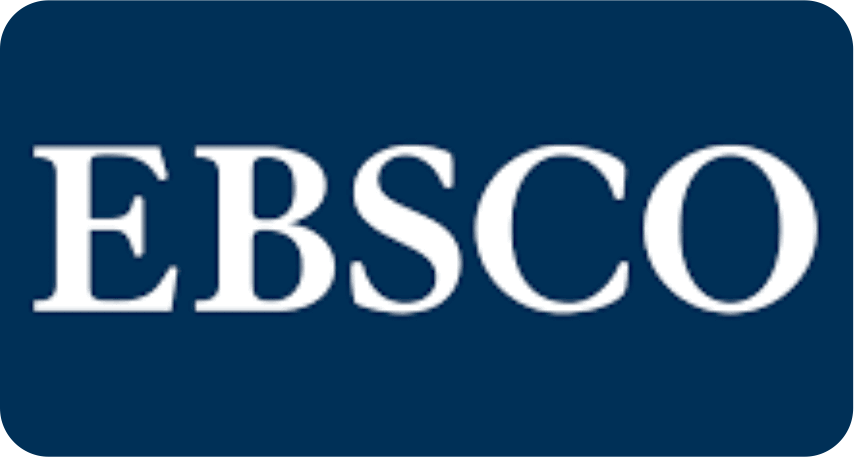






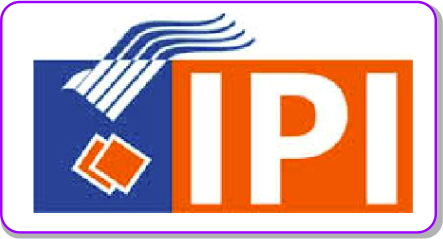 Â
 
